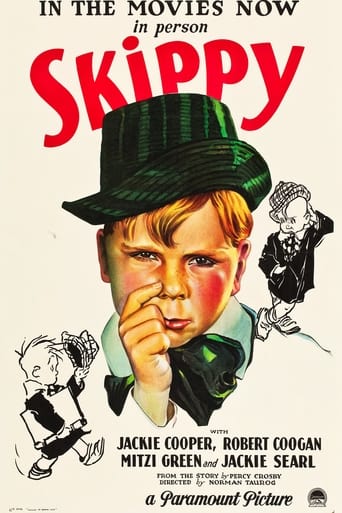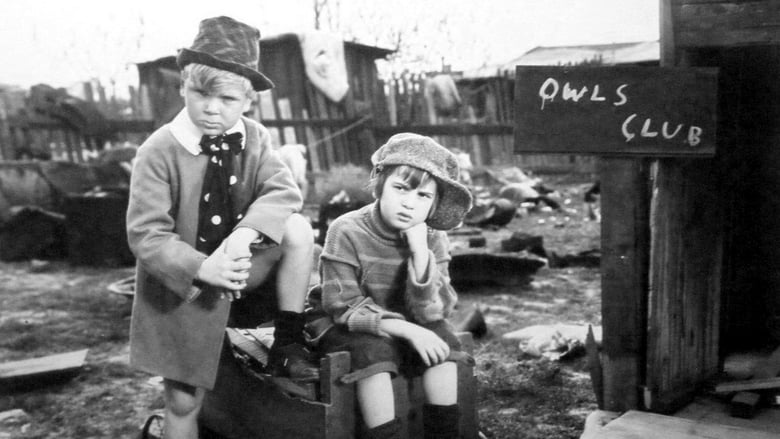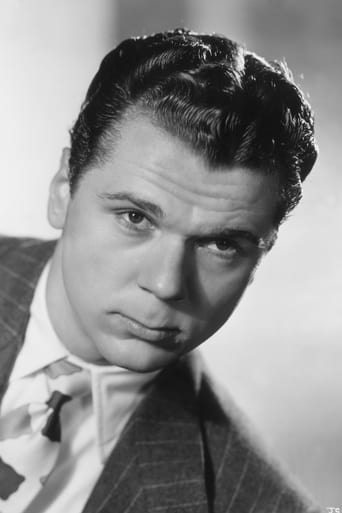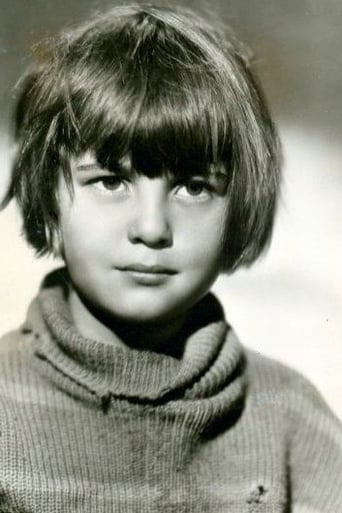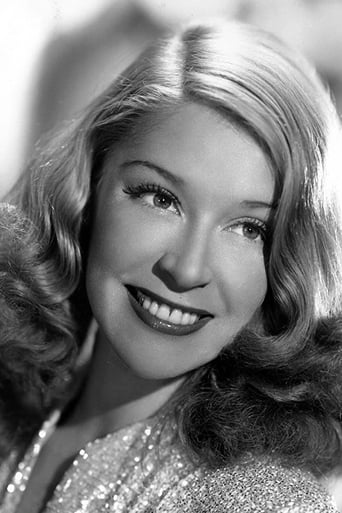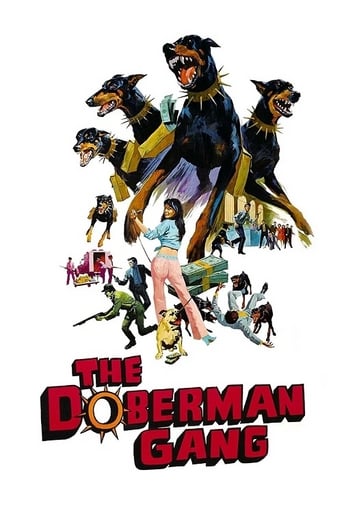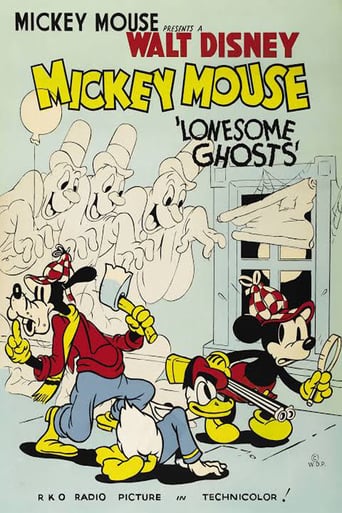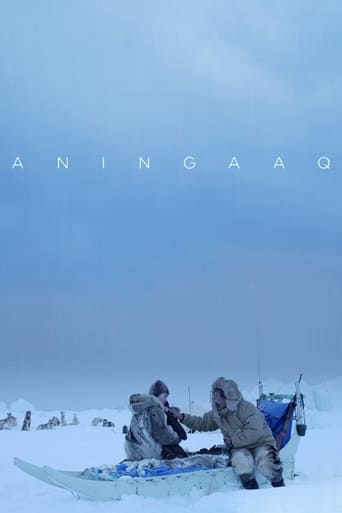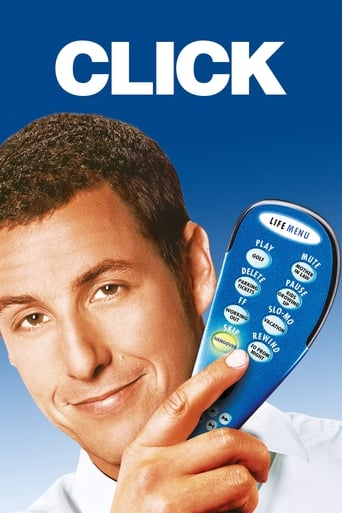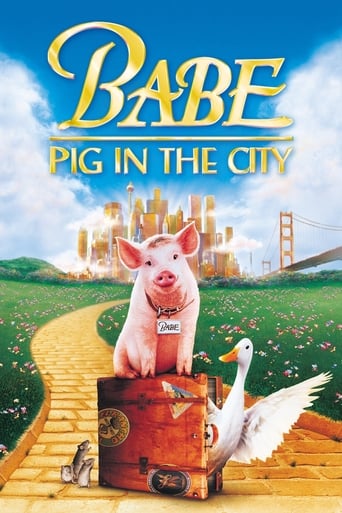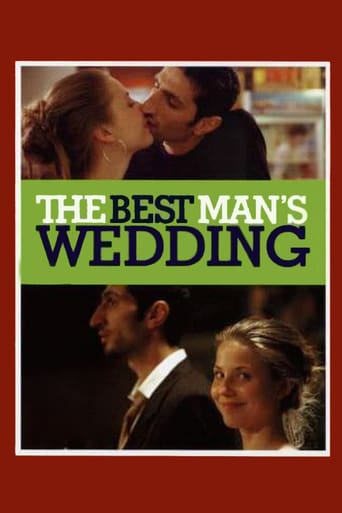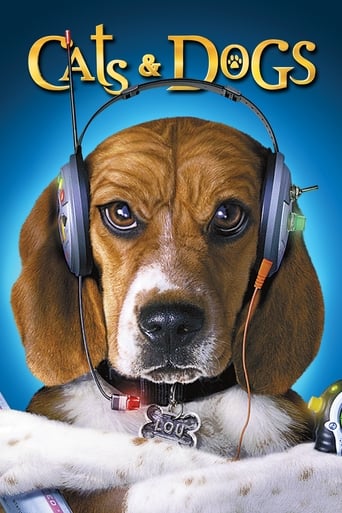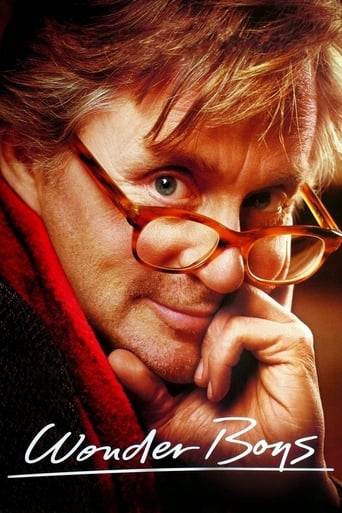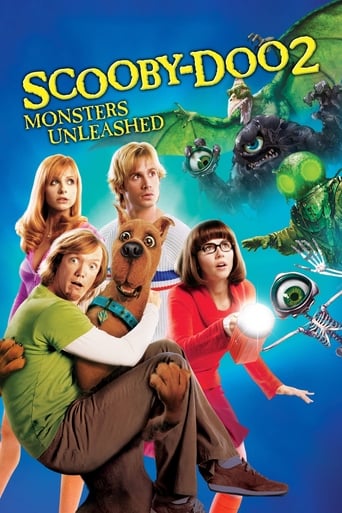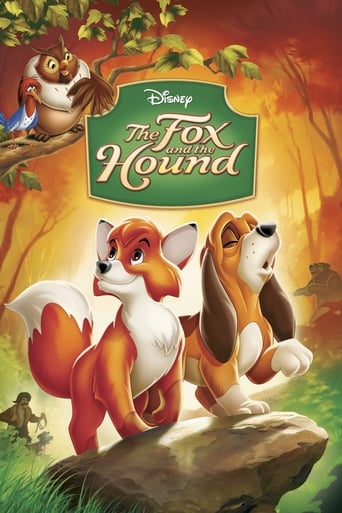Skippy (1931)
Skippy, the mischievous son of a wealthy doctor, meets Sooky in poverty-ridden Shantytown, and together they try to save Sooky's pet from a cruel dogcatcher.
Watch Trailer
Free Trial Channels
Cast


Similar titles
Reviews
I was totally surprised at how great this film.You could feel your paranoia rise as the film went on and as you gradually learned the details of the real situation.
Excellent and certainly provocative... If nothing else, the film is a real conversation starter.
This is a gorgeous movie made by a gorgeous spirit.
Close shines in drama with strong language, adult themes.
Jackie Cooper (Skippy), Robert Coogan (Sooky Wayne), Mitzi Green (Eloise), Jackie Searl (Sidney), Willard Robertson (Dr Herbert Skinner), Enid Bennett (Mrs Ellen Skinner), David Haines (Harley Nubbins), Helen Jerome Eddy (Mrs Wayne), Jack Clifford (Dogcatcher Nubbins), Guy Oliver (Dad Burkey), Carl R. Botefuhr (Skippy, age 3), Beaudine Anderson (boy), and Dannie MacGrant.Director: NORMAN TAUROG. Scenario: Joseph L. Mankiewicz, Norman McLeod. Dialogue: Joseph L. Mankiewicz, Norman McLeod, Don Marquis. Adaptation: Percy Crosby, Sam Mintz, from the comic strip by Percy Crosby. Photography: Karl Struss. Music: John Leipold. Supervisor: Louis D. Lighton.Copyright 24 April 1931 by Paramount Publix Corp. New York opening simultaneously at the Times Square Paramount and the Brooklyn Paramount, 3 April 1931. U.S. release: 25 April 1931. 7,685 feet. 85 minutes.SYNOPSIS: Boys try to raise $3 to buy a license for their dog.NOTES: Academy Award, Best Directing, Norman Taurog (defeating Clarence Brown's A Free Soul, Lewis Milestone's The Front Page, Wesley Ruggles' Cimarron and Josef von Sternberg's Morocco).Also nominated for Best Picture (Cimarron); Best Actor, Jackie Cooper (Lionel Barrymore in A Free Soul); Writing Adaptation, Mankiewicz and Mintz only (Cimarron).Number 3 in The Film Daily's annual poll of U.S. film critics (Cimarron was first, Street Scene second).COMMENT: Despite the stiff opposition (most critics today would rank Taurog's chances of beating this field at around ten thousand to one), Taurog deserved his Academy Award. His persuasively sympathetic handling of his child stars and the way he has given the film pace by extremely fluid camera-work is faultless. It is unfortunate that the film suffers from the complete absence of a music score (except "natural" music during Skippy's show). That and its quaint costumes (as well as its naive conclusion) make it seem rather dated today, though some scenes still come across with a powerful impact. The story is a simple framework on which the scriptwriters expend a fair amount of ingenuity in developing its plot. But the best thing about it is the dialogue, which has a natural ring to it, yet contrives to be amusing. The children are more convincing and interesting than the adults in the acting department, though Jack Clifford has some glorious moments as the rough-voiced dog-catcher. Karl Struss' superlative photography is another major asset. Production values are — with the exceptions noted above — otherwise excellent.
This constitutes one of the most surprising Oscar wins in history – the Best Direction nod for Taurog (reportedly, the youngest such recipient at the age of 32!) over heavyweights Lewis Milestone for THE FRONT PAGE (1931; who, by then i.e. the 4th ceremony, already had two statuettes to his name!) and Josef von Sternberg for MOROCCO (1930; the first of only two nominations for one of my dozen favourite auteurs!), both clearly superior films. Taurog was perhaps the epitome of the journeyman film- maker in Hollywood's Golden Age – showing a propensity for kiddie fare (such as SKIPPY and its unavailable inferior sequel made the same year, SOOKY, are), notably two BOYS' TOWN pictures (1938, for which he was also nominated, and 1941) and the Venice Film Festival winner(!) THE ADVENTURES OF TOM SAWYER (also 1938), and musical comedies (suffice it to say that he ended his career directing resistible vehicles for the likes of Jerry Lewis and Elvis Presley!). Incidentally, SKIPPY was also seminal for having the first child performer to be nominated for acting (nine year-old Jackie Cooper, who happened to be Taurog's own nephew!): needless to say, the role made him a star yet lasted just a few years at the top (though he formed a durable partnership with Wallace Beery) – not least because the market was subsequently flooded by other talented juveniles (Shirley Temple, Freddie Bartholomew, Mickey Rooney, Deanna Durbin, Judy Garland, etc.). For the record, SKIPPY (which I had previously acquired a low-quality copy of, but did manage to upgrade some time back) was also nominated for Best Picture and Best Adapted Screenplay (co-written by Norman Z. McLeod and Joseph L. Mankiewicz – both better-known as directors, though the latter would only move up the scale 15 years down the line).Anyway, the film is a likable effort all round if hardly displaying outstanding merit at this juncture. Though a couple of them are overbearing (especially a girl with a penchant for yodeling!), the kids are practically the whole show here: apart from Cooper, easily the most effective is – the brother of famed child actor and later "Uncle Fester" incarnation Jackie – Robert Coogan (playing Sooky and actually top- billed during the opening credits, but rightfully listed below the protagonist when these are picked up at the coda!). Even cuter are the mongrels involved (which Sooky reasons are thus more "thoroughbred" than any pure breed!), around which the narrative partly revolves. The grown- ups are generally tyrannical (Skippy's health officer father – who intends demolishing the shantytown that is Sooky's home and to where his own boy frequently escapes), subservient (Cooper's mother) or just plain bullies (the local dog-catcher).The latter picks up Sooky's unlicensed dog, so he and Skippy scrape for money to pay for one and retrieve the mutt – even going so far as to do the old "puttin'-on-a-show" routine before a hostile audience of friends – but they are still too late to save it! Sooky is understandably crushed, and Skippy – indirectly blaming his dad for authorizing the putting-down of stray animals – withdraws to his room; in reparation, the father buys him a bike, which he immediately trades for a dog to give Sooky but, upon meeting him, discovers his pal has already filled the void (albeit with a bulldog)! The film offers drama and sentimentality galore, but also a few undeniable comic highlights – particularly the accidental repeated smashing of the dog-catcher's car windshield (the second time round by Skippy's own father!).
SKIPPY (1931) has nothing to do with the Childhood of a certain obnoxious and whining 'Sports Commentator' on ESPN, whose arm waving and mugging for the camera is reminiscent of Benito Mussolini. Nor is it directly related to a similarly named (but excellent) peanut butter. It is a heart warming film about Children and their simple but important life forming adventures.The film centers around two (2) characters SKIPPY (Jackie Cooper) and his new found friend SOOKY (Robert Coogan). SKIPPY is from the right side of the tracks, SOOKY the wrong, Shanty Town, which SKIPPY finds far more interesting then his native haunts. Excellently directed by Norman Taurog, slighting neither the Child actors nor the Adult supporting cast, there is a fine morality lesson here showing the importance of friendship and loyalty, both in joyful times and in tragedy. It also shows the importance of parental understanding for Children's problems.Norman Taurog won the Best Directing Oscar for his sensitive handling of what could have become maudlin. Sad to say this film is seldom seen today nor its sequel SOOKY (1931). The film is appropriate today for Parents to watch with their young Children ages four (4) to eight (8) for it still has lessons of value to teach. After those ages in the 21st Century they will be to bored or cynical to care and that's a shame.Note for the Historical challenged, Mussolini (1883>1945) was a minor league Fascist dictator in the first half of the 20th Century. History has not been kind too his legacy. Nor will it be to his imitators, take note IL BAYLESS.P.S. Rewatched today on TCM (02/22/2011) to see if our review holds up, IT DOES! So our only conclusion from the negative votes is that these must be from 'kiss-asses' to SKIPPY 'Peanut Butter For Brains' BAYLESS or sycophants of the ESPN (Eastern SeaBoard Propaganda Network)! Neither attributes flattering to those voters! As for the Peanut Butter SKIPPY. It is our favorite, low fat, extra crunchy.
SKIPPY (Paramount, 1931), directed by Norman Taurog, which has nothing to do with a development of the peanut butter product, is a cute story based on the then popular comic strip character as portrayed by Jackie Cooper in a performance that earned this 10-year-old child actor an Academy Award nomination as Best Actor. Losing to one more than twice his age, Lionel Barrymore, for A FREE SOUL (MGM, 1931), SKIPPY did earn other nominations: Best Picture, Best Screenplay (Norman Taurog and Joseph L. Mankiewicz) and Best Director (Taurog, who won the honor that year).The story opens in a small wholesome town where the camera sets focus on the Skinner household. There's Herbert Skinner (Willard Robertson), a town physician, his wife, Ellen (Enid Bennett), and their little boy they call "Skippy" (Jackie Cooper). Getting ready for breakfast. Mr. Skinner calls for his son to get out of bed and dressed. As he is calling, the camera then pans upstairs into Skippy's bedroom where the boy is still in bed, pretending to be putting on his clothes lazily asking his parents downstairs which shirt to put on. After heading down for breakfast, Skippy is visited by the neighborhood kids, Sidney (Jackie Searle), an obnoxious tattle-taler, and his sister, Eloise (Mitzi Greene) who takes the time to recite a poem, "In Memory of a Dead Dog." Later, Skippy, who spends his free time in a "swell" district known as Shantytown, located on the opposite side of the tracks where poor people live, meets and befriends another boy called Sooky (Robert Coogan). At first Skippy wants to fight him, but when Sooky stands his ground, they become instant friends. Their day consists of innocent fun that lands them into trouble when they accidentally break the windshield of the mean Mr. Nubbins (Jack Clifford) car, whose profession is dog catcher. Later, Mr. Nubbins takes away Sooky's dog, Penny, for not having a license, placing the animal in the pound. Sooky is able to retrieve the dog, only if he comes up with a $3 fine for the license. With Skippy's help, they do, but Nubbins takes the money to replace his broken windshield, forcing the boys to come up with an additional $3 by 3 p.m. in order to get Penny, or else she'll have to "be destroyed." The boys attempt to get that extra cash first by getting some money from Skippy's piggy bank, collecting empty bottles, doing errands, selling lemonade and putting on a show for the neighborhood kids. While the boys successfully raise the money, the unexpected occurs. Skippy soon finds himself resenting his father, who not only warned him to stay away from Shantytown, but has looked down towards those the people whom Skippy finds to be just plain ordinary folks as he and his parents are, with the exception of having more money than they do. As with most family movies, and later TV sit-coms, there's a moral lesson here to be learned. In this instance, rather than the children, it's learned by the parents, particularly Skippy's.Featured in the supporting cast are Guy Oliver as "Dad" Burkey; Donald Haines as Harley Nubbins and Helen Jerome-Eddy as Sooky's widowed mother, among others. Eddy, a familiar face with sad expressions in many movies of the 1930s, is quite believable and natural as Sooky's struggling poor mother.SKIPPY is a cute, simple, funny and heartwarming story focusing solely on children, something quite rare for that time, with the exception of comedy shorts featuring Hal Roach's Our Gang (or The Little Rascals). To enjoy this sort of tale about the true loyalty and friendship between two boys is to really love and understand children. Movies such as SKIPPY could also be related by those who had grown up in such an bygone era. Director Norman Taurog presents the children, not just its stars, as normal every day innocent kids. SKIPPY could very well been set in any time frame, any location, whether during the Tom Sawyer era of the 1800s, or pre or post World War I. In other words, kids will always be kids.Aside from Jackie Cooper's fine performance, ranging from conniving, gentle and extremely tearful in that one climatic scene between him and his Dad, there is Robert ("Bobby") Coogan, the younger brother of Jackie Coogan, whose days as a top child star, which began in the early 1920s, were just about ending. Cute as he is natural, little Bobby Coogan comes very close in upstaging Cooper. So successful was SKIPPY, Paramount turned out an immediate sequel, SOOKY (1931) with the majority of the cast, minus Mitzi Green, reprising their roles.Unseen for many years, both SKIPPY and SOOKY were resurrected during the early years of cable television's U.S.A. cable network way past the midnight hours around 1987 before turning up again on Retroplex in August 2010, and Turner Classic Movies where it premiered February 22, 2011.Regardless of its age, SKIPPY is still timely, thanks to a literate script. For comedy, it delivers, For serious moments, it doesn't hold back. The crying scenes cannot actually be viewed without shedding at least one tear of emotion. As young as both Cooper and Coogan are, or were, they have presented themselves as real professional actors, or in better terms, common every day kids pretending to be somebody else, that as Skippy and Sooky. (****)

